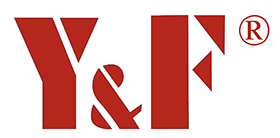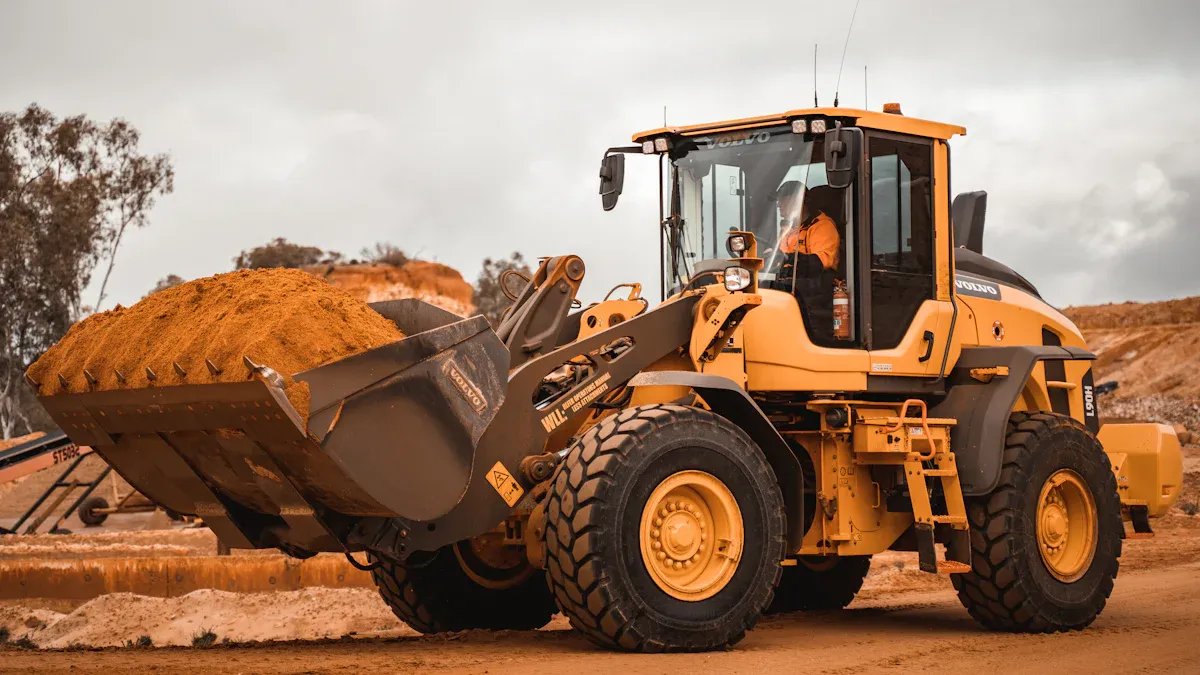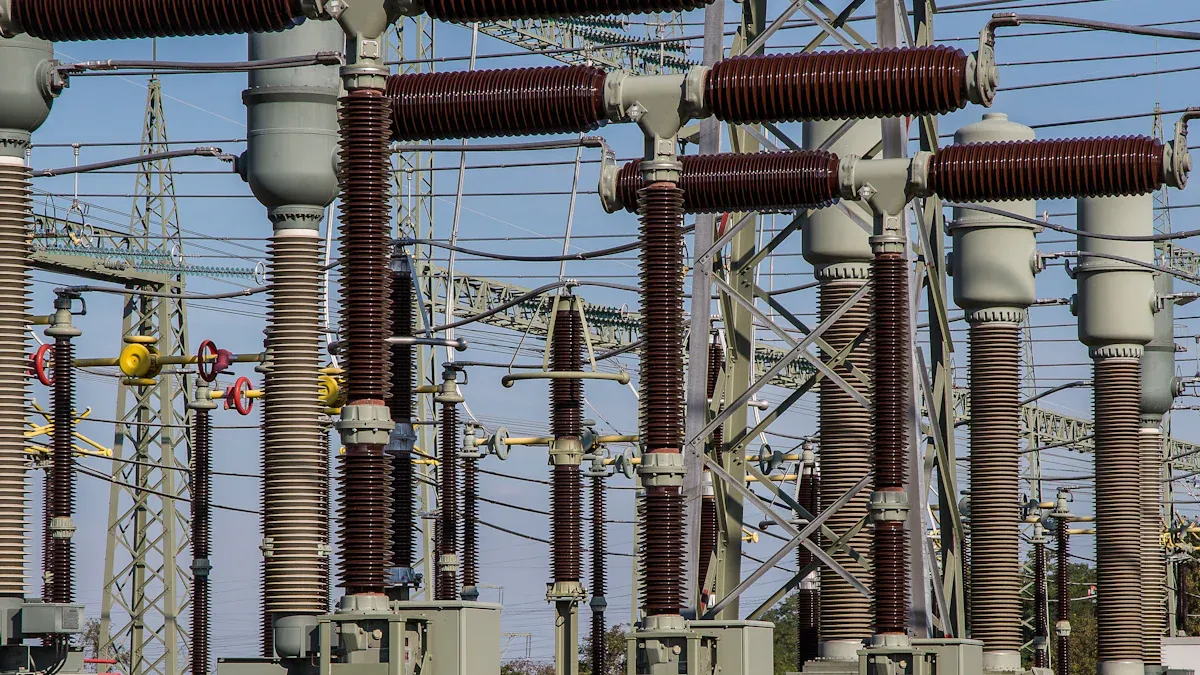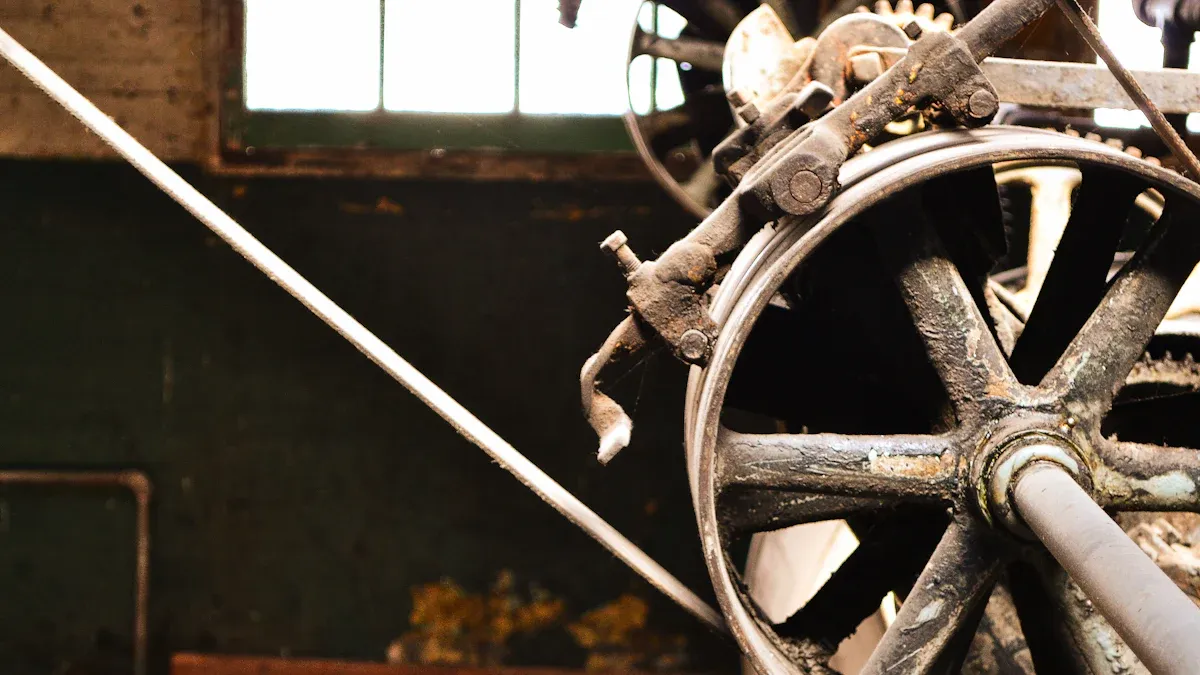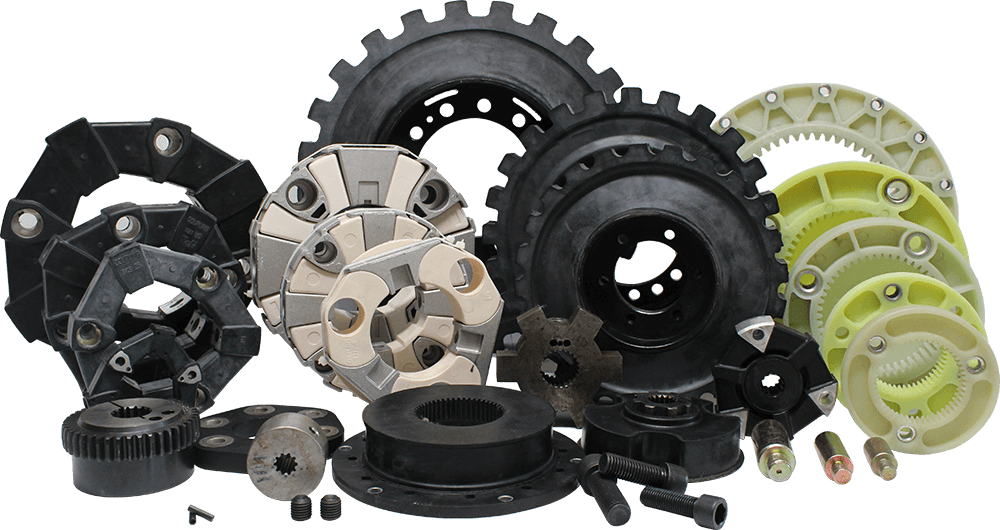
You have big problems when high temperature and pressure cycles affect your seals in hydraulic equipment. Seal performance is very important in heavy-duty machines like excavators. If a seal breaks, you lose time and money. You need tough materials and good designs to keep your equipment working. Advanced engineering helps you fix these problems and makes your equipment more reliable.
Key Takeaways
High temperatures can break down rubber seals. This can cause leaks. Use seals made from advanced materials like NBR, FKM, PU, and PTFE. These materials work better and last longer.
Thermal cycling puts stress on seals. This can make cracks and leaks happen. Regular inspections help find problems early. This can stop expensive repairs.
Mechanical seals can wear out from pressure cycles. Check seals often for signs of wear. Replace them before they fail. This keeps equipment working well.
Picking the right seal material is very important. Match the seal to your equipment’s needs. This helps stop leaks and makes seals last longer.
Good maintenance, like regular checks and quick replacements, helps seals last longer. This can stop sudden breakdowns and keep things running smoothly.
High Temperature Effects on Rubber Seals

Material Degradation
High temperature can cause big problems for rubber seals. When you use your equipment in places with temperature extremities, the rubber seals start to change. You may notice that the seals become soft. Sometimes, they swell or lose their hardness. This makes it easy for leaks to happen. If you see a seal that looks bigger or feels sticky, high temperature is likely the reason.
Extreme heat breaks down the chemical bonds in rubber seals. Over time, the seals lose their shape and strength. You might see cracks or pieces breaking off. This impact on rubber seals leads to a shorter lifespan. You need to check your seals often if you work in areas with temperature extremities.
YNF uses advanced elastomers like NBR, FKM, PU, and PTFE in their hydraulic seals. These materials handle high temperature much better than regular rubber. They keep their shape and strength, even when you use your excavator in extreme heat. This means you get fewer leaks and longer-lasting seals.
Tip: Always choose seals made for temperature extremities. This helps your equipment last longer and work better.
Thermal Cycling Impact
Thermal cycling happens when rubber seals go from hot to cold and back again. Each time the temperature changes, the seals expand and shrink. This constant movement puts stress on the rubber seals. Over time, the impact on rubber seals becomes clear. You may see small cracks or splits. These problems let oil or fluid leak out.
Temperature extremities make thermal cycling worse. If you use your excavator in places with big swings in temperature, your seals face more stress. The rubber seals can lose their tight fit. This leads to leaks and more repairs.
YNF hydraulic seals are designed for these tough jobs. The special materials resist damage from extreme heat and temperature extremities. You can trust these seals to keep working, even when the temperature changes fast. This is very important for excavators and other hydraulic systems. You want your equipment to stay strong and safe.
Note: Regular checks help you spot problems early. Replace rubber seals before they fail to avoid bigger issues.
Pressure Cycles and Mechanical Seal Fatigue

Deformation and Wear
Mechanical seals can have problems from pressure cycles. When your hydraulic system works, seals feel strong force. This force makes seals change shape. Over time, seals may flatten or stretch. These changes cause seal wear. The seal’s surface gets rough. You might see small grooves or scratches. These marks mean the seal is wearing out.
High pressure makes seal wear happen faster. Tough jobs need seals to handle strong forces. If seals cannot resist these forces, leaks start. Hydraulic fluid can escape. Your equipment may not work well. You need seals that handle high pressure and resist wear.
YNF Rubber uses CNC machining for every mechanical seal. This process makes seals with tight tolerances. The seals fit perfectly in your hydraulic system. You get less wear and better performance. YNF seals can handle pressure up to 10,000 PSI. You can trust these seals for heavy-duty jobs.
Tip: Check your seals often for wear. Replace seals before they fail to keep your equipment safe.
Fatigue and Failure Modes
Mechanical seal fatigue happens after many pressure cycles. Each cycle puts stress on the seal. The seal’s material starts to break down. You may see cracks or splits. Sometimes, the seal loses its shape. This problem causes leaks and equipment failure.
Fatigue leads to different failure modes. The seal might break into pieces. Sometimes, the seal gets hard and brittle. In other cases, the seal softens and cannot hold pressure. These problems mean you need to replace the seal quickly.
Proper installation helps prevent seal wear and fatigue. If you install the seal right, you lower stress on the material. Maintenance is important too. Clean your hydraulic system and check seals often. You can stop problems before they get worse.
YNF Rubber designs mechanical seals for long life. The seals resist wear and fatigue. You get reliable performance in every pressure cycle. Choose YNF seals for your excavator and hydraulic systems. You protect your equipment and avoid costly repairs.
Failure Mode | What You See | What You Should Do |
|---|---|---|
Cracks | Small lines on seal | Replace seal |
Hardening | Seal feels stiff | Check pressure levels |
Softening | Seal feels sticky | Inspect for leaks |
Breakage | Pieces missing | Install new seal |
Note: Always follow installation instructions. Use YNF Rubber seals for best results in high pressure environments.
Seal Material Selection
Choosing the Right Material
You need to choose the right seal for your equipment. Each material has its own strengths. NBR works well for general use. It handles oil and water, but it does not last long in high heat. PU gives you good wear resistance and works well under pressure. FKM stands out when you need seals for high temperature and chemical resistance. PTFE offers the best performance for extreme temperatures and tough chemicals.
Here is a table to help you compare these materials:
Material | High Temp | Pressure | Chemical Resistance | Typical Use |
|---|---|---|---|---|
NBR | Medium | Medium | Low | General hydraulics |
PU | Medium | High | Medium | Heavy-duty seals |
FKM | High | High | High | Heat, chemicals |
PTFE | Very High | High | Very High | Extreme conditions |
You should always match the seal to your machine’s needs. For example, the boom, arm, bucket, and swing cylinders in excavators each face different stresses. If you pick the wrong material, you risk leaks and short seal life. YNF Rubber offers a wide range of seals made from these advanced materials. You get longer seal life and fewer breakdowns.
Tip: Check your equipment manual to find the right seal for each part. This helps you avoid seal application limits and keeps your machine running strong.
Chemical and Abrasion Resistance
Seals face harsh chemicals and rough surfaces every day. If you use the wrong seal, chemicals can break it down fast. Abrasion from moving parts also wears out seals. You want seals that resist both problems. FKM and PTFE seals give you the best protection against chemicals. PU seals work well when you need strong abrasion resistance.
YNF Rubber uses only high-quality materials to make sure your seals last longer. This means less downtime and lower costs for you. When you choose YNF, you get seals that push past normal seal application limits. You protect your equipment and extend seal life.
Note: Always inspect seals for signs of wear or chemical damage. Replace them before they fail to keep your equipment safe and efficient.
Evaluating Seals for Harsh Environments
Industry Standards
When picking seals for harsh places, you must check if they meet industry standards. These rules help stop leakage and keep your equipment safe. Groups like ISO, SAE, DIN, and JIS make rules for seals. The rules say how seals should work in high temperature and pressure. If seals meet these rules, they can handle tough jobs and stop leaks.
Here is what top companies do to follow these standards:
Buy from certified makers who give ISO, SAE, DIN, or JIS-certified hydraulic fittings.
Check seals often to find wear or leakage early.
Teach your team why using standard hydraulic parts is important.
Ask experts to make sure your seals meet world standards.
YNF gives you full hydraulic seal kits that meet or beat these standards. These seals help stop leaks and keep your hydraulic systems working well.
Tip: Always see if your seal kits have certification. This helps you trust your seals’ quality and performance.
Maintenance Strategies
Good maintenance helps seals last longer and stops surprise leaks. You should follow some easy steps to get the best from every seal:
Look at seals often for cracks, swelling, or leaks.
Change seals before they break to avoid costly downtime.
Clean all parts before putting in a new seal to stop dirt and damage.
Use the right tools and follow the YNF hydraulic seal kit instructions.
YNF gives you technical data and clear guides for installing seals. This makes it easy to put in seals the right way and lower the chance of leaks. Good care not only makes seals last longer but also keeps your equipment safe and working well.
Note: Checking seals often and changing them on time are the best ways to make seals last and stop leaks.
High temperature and pressure cycles make seals wear out faster. This means seals do not last as long. To get the best seal performance, pick the right seal for your equipment. Advanced materials help seals last longer in high heat. You should check your seals often. Good maintenance keeps seals working well. Using YNF seals helps your equipment work better and last longer. Always look at how your seals perform. Change your seal when needed to make it last as long as possible.
FAQ
What does pv mean in hydraulic seal applications?
You see pv as a key factor in hydraulic systems. pv stands for pressure velocity. You use pv to measure how much pressure and speed act on the seal face. High pv values can cause heat and wear on the face.
How does pressure velocity affect seal face performance?
Pressure velocity, or pv, shows how much force and speed hit the seal face. When pv rises, the face can get hot. This heat can make the face wear out faster. You must watch pv to keep the face in good shape.
Why do transient cycles matter for seal face life?
Transient cycles mean quick changes in pressure velocity. These cycles hit the seal face hard. Each transient event can stress the face. Over time, many transient cycles can damage the face and shorten the seal life.
How do you check for face wear on seals?
You look at the seal face for signs of wear. Scratches, grooves, or a rough face show problems. If you see these on the face, you should replace the seal. Regular checks help you spot face damage early.
Why choose YNF Rubber for your seals?
YNF Rubber gives you seals with strong face materials. These seals handle high pv and transient cycles. You get longer face life and better performance. YNF Rubber helps you keep your equipment safe and working well.
